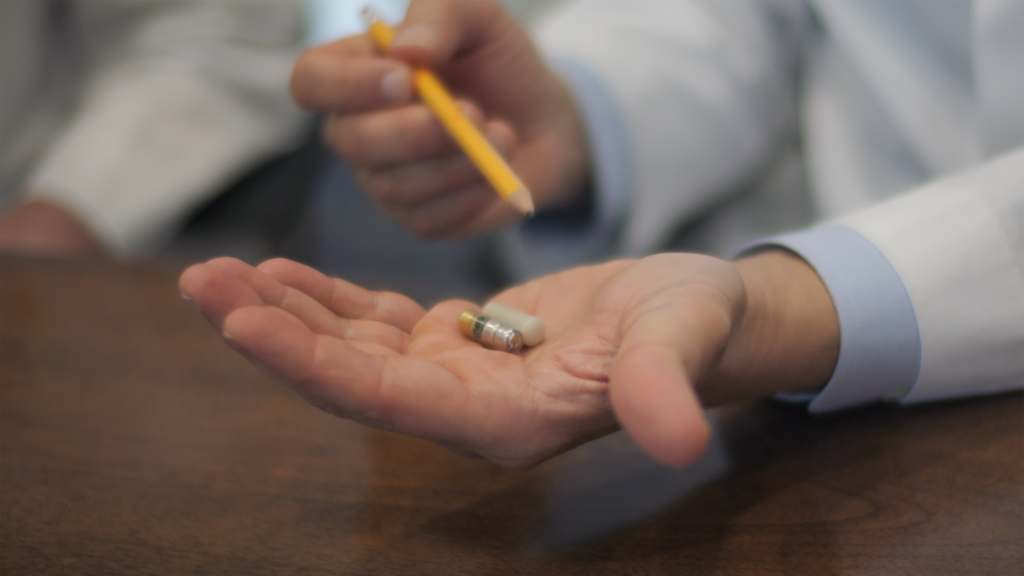Gathering health data remotely is a pain. Forgetting to slip on a wearable is easy, and hooking yourself up to a large monitor is intrusive. Celero Systems has another idea: What if your remote patient monitor was small enough to swallow?
A team of researchers has tested Celero’s device in humans for the first time, successfully capturing heart and respiratory data in 10 patients with sleep apnea. The findings are a step toward one of Celero’s goals, which is to simplify sleep condition diagnosis. But the company’s guiding mission is to combat the opioid crisis by detecting respiratory distress in overdosing patients and releasing drugs to counteract the overdose — reducing the need for a third-party to administer naloxone.
advertisement
“There was an opportunity to make a product that was analogous to an implantable defibrillator, in the sense that a defibrillator monitors for sudden cardiac death and delivers therapy,” Celero Systems CEO Ben Pless said.
Get unlimited access to award-winning journalism and exclusive events.

